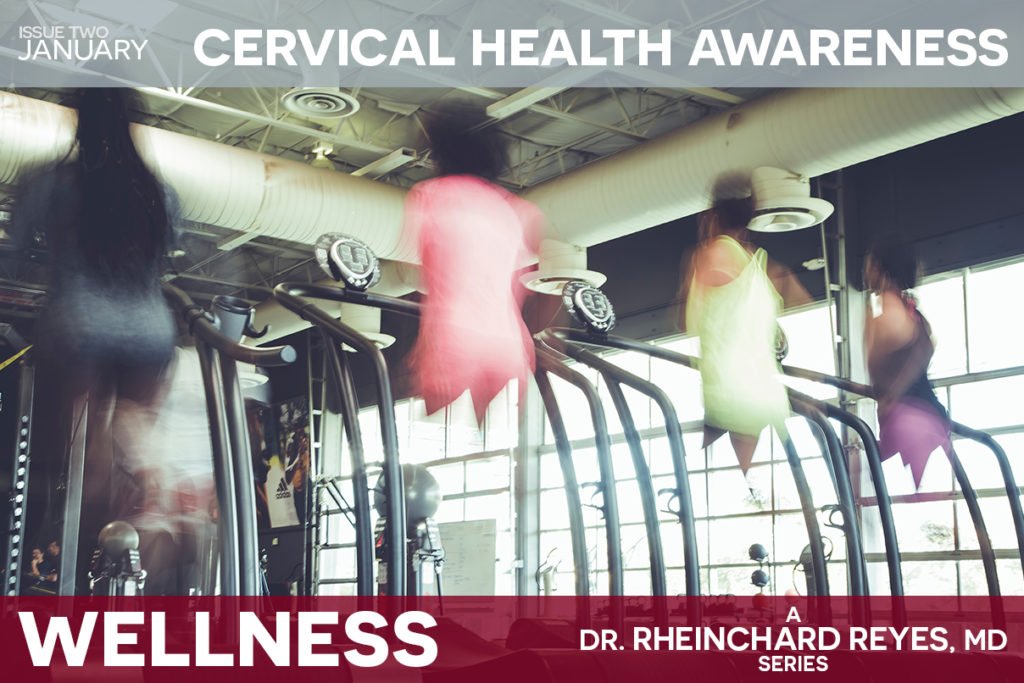Cervical Health Awareness Month raises awareness about HPV (human papillomavirus) and what women can do to protect themselves from the virus. It is estimated that HPV is the most common type of sexually transmitted infection in the U.S. Although HPV goes away on its own in most cases, the risk for cervical cancer is found in women with persistent HPV.
Most of the over 100 types of HPV do not cause cancer and are considered low-risk. However, HPV DNA is found in about 99% of cases of cervical cancer with over 70% of cervical cancer cases tracing back to HPV-16 and HPV-18. In the U.S., deaths resulting from cervical cancer are declining at a rate of approximately 2% yearly mainly due to the use of Pap smear tests.
Protection against HPV
Each year, more than 12,000 women in the U.S. are diagnosed with cervical cancer and over 4,000 die as a result. However, cervical cancer is curable if caught at its early stages.
The Centers for Disease Control and Prevention (CDC), the American Academy of Family Physicians, the American Academy of Pediatrics, and the Society for Adolescent Health and Medicine all recommend the HPV vaccination. To maximize its effectiveness, the vaccine is recommended for 11 to 12 years through ages 26 and 21, respectively. The vaccine is also recommended for young men through age 26 if they identify as gay or bisexual or if they intend to have sex with men.
When used correctly, latex condoms can reduce your chances of contracting HPV but may not fully protect against the disease, as HPV can infect areas not covered by a condom.
What are symptoms of HPV?
In most cases, early cervical cancers do not cause symptoms. Following are some of the possible symptoms associated with a more advanced form of the cancer:
- Painful sexual intercourse
- Abnormal bleeding, such as
- Bleeding after sexual intercourse
- Bleeding between regular menstrual periods
- Bleeding after douching
- Bleeding after a pelvic exam
- Bleeding after menopause
- Pelvic pain unrelated to your menstrual cycle
- Heavy or unusual discharge that may be watery, thick, and possibly have a foul odor
- Pain during urination
- Increased urinary frequency
- Pelvic mass
- Unilateral leg pain or swelling
These symptoms are not exclusive to cervical cancer and can be signs of other health issues. Talk to your healthcare provider if you are experiencing any of the referenced symptoms.
For more information on preventive care and additional information on HPV and the HPV vaccine, contact your healthcare provider.
Sources:
http://www.nccc-online.org/hpvcervical-cancer/cervical-cancer-overview/


